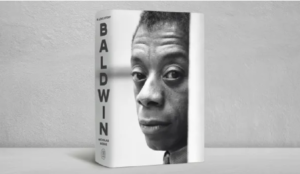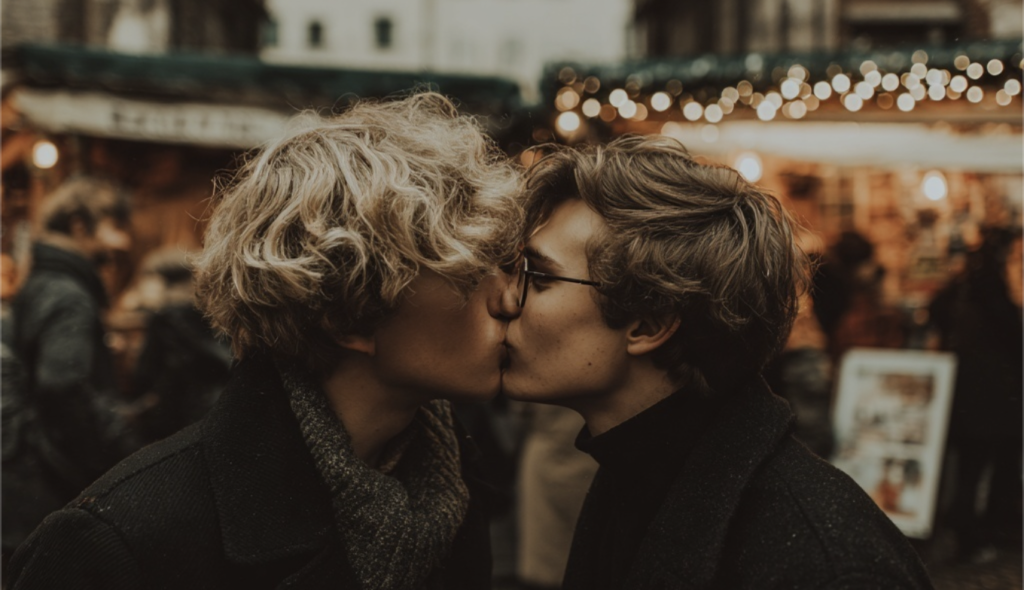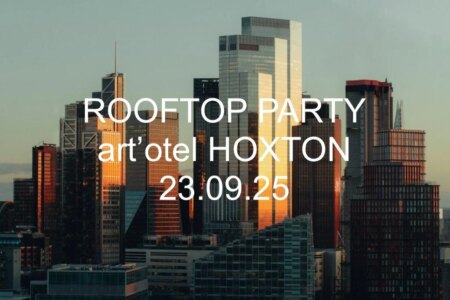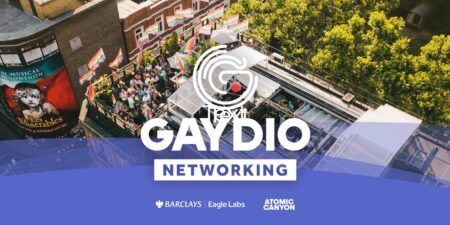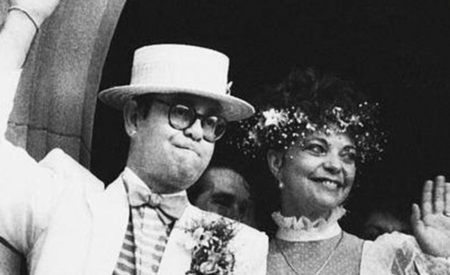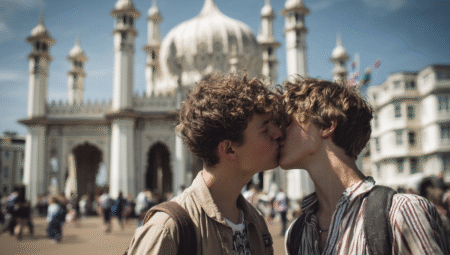Public displays of affection are ordinary shorthand for intimacy for many — a brushed hand, a quick kiss on a commute, a quiet walk with fingers entwined. For a large portion of Britain’s LGBTQ+ community these small gestures carry a different charge: calculation, risk and sometimes dread. Recent polling by YouGov makes that plain: sizeable majorities of gay men and lesbian women say they have deliberately held back from showing affection in public to avoid discrimination, and many report feeling actively uncomfortable with basic acts such as kissing or holding hands. According to the original report, 71 percent of gay men said they were reluctant to show affection in public.
The YouGov survey of 2,959 UK residents breaks that reluctance down into concrete behaviours: 63 percent of gay men said they would feel uncomfortable kissing a partner in public and 56 percent said the same about holding hands. The poll also found that around two‑thirds of gay men and lesbian women reported having experienced homophobic discrimination while showing affection, with a substantial proportion of those incidents occurring in the last five years — signalling that this is not an historical relic but a present‑day threat to safety and dignity.
Those individual fears map on to wider patterns recorded by the state. Home Office statistics for the year ending March 2024 show 140,561 police‑recorded hate crimes in England and Wales, including 22,839 offences motivated by sexual orientation and 4,780 offences motivated by transgender identity. Those figures underline that hostility encountered while being visible in public often amounts to criminal offending, not merely rude commentary.
The government’s own bulletin also stresses caveats that matter for interpreting trends: improvements in recording and changes to how police log incidents have affected long‑term comparisons, and different strands of hate crime have moved in different directions. Still, the scale of offences linked to sexual orientation and gender identity provides a stark backdrop to choices about whether to be seen.
Policy and public debate have also hardened in ways that feed community anxiety. The Department of Health and Social Care confirmed that, following expert advice and the Cass Review, the temporary ban on prescribing puberty‑suppressing hormones to under‑18s was made indefinite in December 2024; routine NHS prescriptions had already been halted in March 2024 and new legislation was announced to restrict private prescriptions to minors. Meanwhile, civil‑society monitoring organisations document a broader regression: regional indices compiled over the last decade show the UK slipping down rankings for trans rights, with stalled legal gender recognition, restricted access to healthcare and a narrower space for legal protections.
Taken together, these political, judicial and social shifts help explain why many queer people now treat visibility as a risk assessment rather than an expression of belonging. The calculus is painfully simple: will being affectionate lead to stares, abuse or worse? For a significant number of people the answer is yes — or at least ‘not worth the risk’ — and that alters how an entire community moves through public space. Independent European indices and briefings have drawn attention to these dynamics too, noting how backsliding in legal protections and healthcare access contributes to an environment in which trans and queer people are more exposed and more anxious.
The result is a daily, often hidden, policing of intimacy. Survey respondents and advocates describe how the prospect of harassment changes behaviour — avoiding parks, choosing quieter routes, keeping affection private — and how that loss of simple public intimacy compounds the emotional toll of exclusion. Government crime figures and independent polling together make clear that this is about measurable harm, not mere awkwardness.
Source: Noah Wire Services





